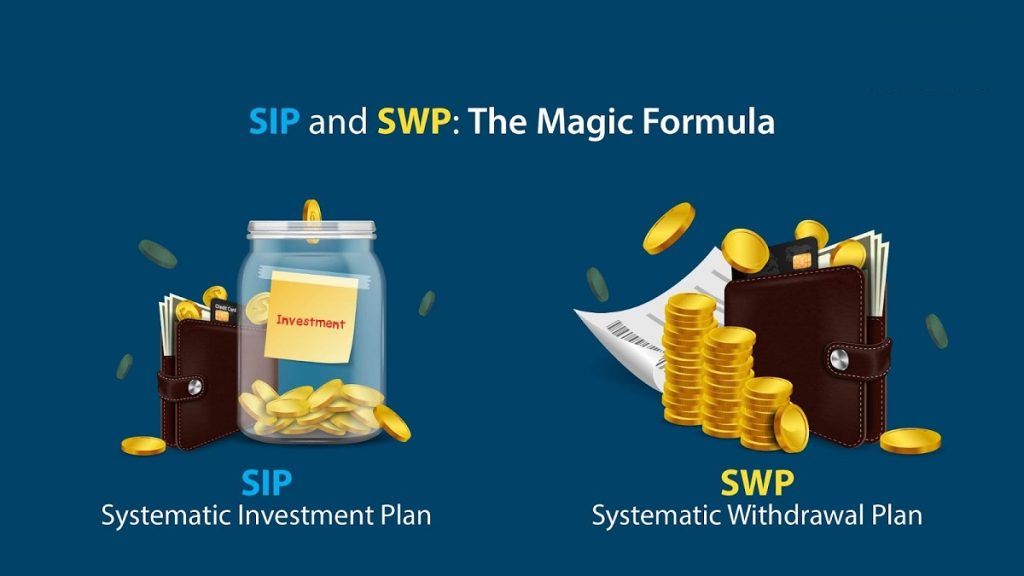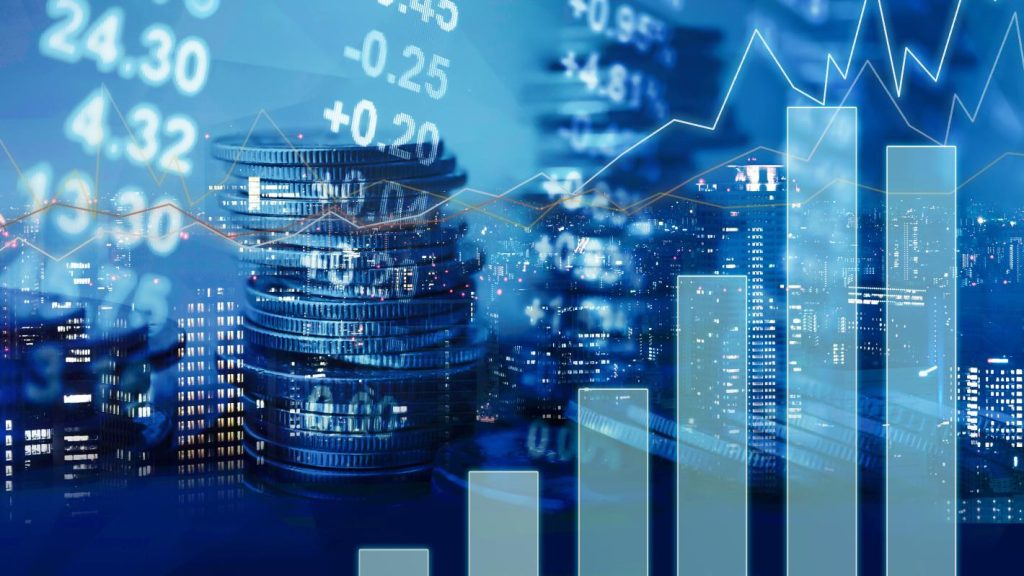Brazilian Forex trading continues to evolve because technological developments now control how dealing activities occur. High-frequency trading significantly influences markets by creating new opportunities while also posing challenges for market participants. Traders need exceptional adaptation due to algorithm-driven trading operations that move with superfast speeds. The financial markets now operate through systems which analyze massive data simultaneously, enabling faster processing compared to traditional human-decision making.
High speed represents an essential quality that defines the practice of modern trading. The strategic use of advanced algorithms helps these trading systems detect minimal marketplace irregularities to immediately exploit those anomalies. The higher market liquidity from this advancement enables traders to execute positions faster. While faster execution offers advantages, it also introduces uncertainties. Market price movements occur quickly leading traditional traders who rely on other methods to potentially fail in this environment. Understanding this market environment is essential for traders who are attempting to understand and operate within a transforming marketplace.
High-frequency trading activities exert their impact on financial operations that exceed single trades. The financial market produces tighter spreads because HFT has entered the landscape. Lowered costs benefit traders but at the same time trigger unexpected market fluctuations. Rapid market price changes occur whenever large orders execute in less than one millisecond thus creating challenges for real-time market participation. Trading in the Forex market requires full knowledge of price fluctuation effects on both trading strategies and risk control approaches.
To provide effective service to Brazilian traders a Forex broker should focus on swift order fulfillment. Trading platforms must maintain quick processing of substantial trading volumes to allow users to respond quickly during market condition changes. Reliability along with stability becomes key under shifting market conditions that change instantly. Brokers allocate substantial funds to technology advancements to deliver customers execution times that remain competitive.
The implementation of high-frequency trading systems produces various benefits but creates doubts about equal trading possibilities. Manual trading execution methods face strong competition from automated systems because these systems perform fast information processing beyond human capability. The discussion continues regarding market transparency because experts debate potential adjustments to regulations which would create a level playing field. Government agencies maintain systematic observation of technological progress as they strive to protect trading fairness and security.
Knowing and understanding continues to be crucial for traders who wish to keep their competitive edge. People need to learn how algorithmic trading affects price movements to adjust successfully in an automated market environment. Some traders choose strategic adjustments to operation along high-frequency systems instead of trying to directly compete with them. Long-term focused traders use market information to remain resilient against short-term market shifts that otherwise could cause negative impacts. Traders who stay informed about market trends become most prepared for current trading velocities although success remains unpredictable.
Choosing a Forex broker with outstanding technological qualifications proves to be vital for traders. A reliable trading platform connected with quick execution speeds supplies traders with the tools they need to face an automated market direction. High-frequency trading has transformed Forex market operations but traders who maintain flexibility will find available trading opportunities. Success depends on flexible approaches together with technological adoption and knowledge-driven trading systems.




